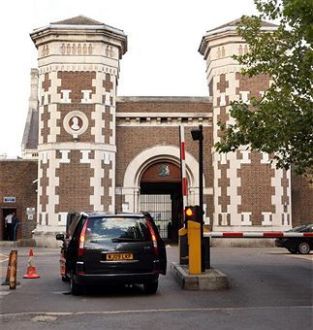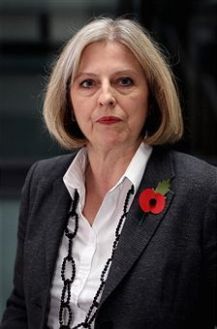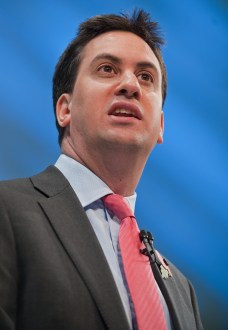Music hall act fails to cut it next to suave Etonian
Miliband’s in a mess. He makes it far too easy for Cameron to portray him as a hypocritical opportunist who sidles up to PMQs every week with lame soundbites and incoherent policies. How come? Perhaps because he sidles up to PMQs every week with lame soundbites and incoherent policies. Today he tried to unsettle the PM with the news that ‘members of his government’ (ie LibDems) ‘have given cast-iron guarantees that they would vote against a rise in tuition fees.’ This isn’t a Cameron problem. It’s a Clegg problem. Right issue, wrong tactics. Cameron had no difficulty adopting a noble but weary expression and praising his coalition partners for taking



















